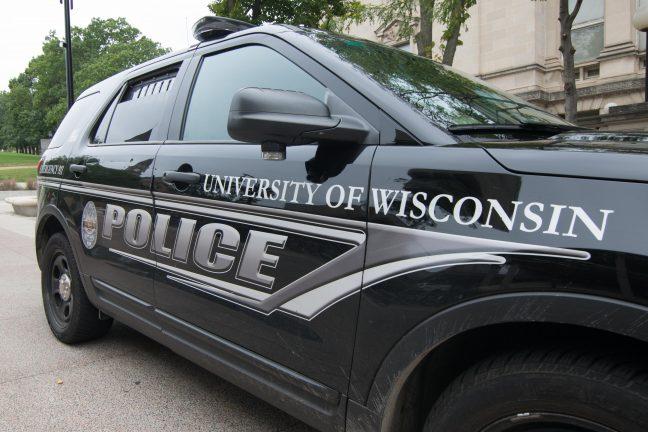This past weekend, as my roommates and I were relaxing on our balcony, we witnessed a car speed by. We were confused as to why someone was driving what seemed to be 80 miles per hour on our road that rarely saw cars go above 30. Our questions were quickly answered when we heard police sirens — we were watching a police chase. As the driver screeched to a halt and tried to round a corner, he lost control of the car, slammed into another vehicle, spun them out and fled on foot. We later found he was driving a stolen car.
It’s a miracle that nobody was hurt.
Just a few days prior, a good friend had their car broken into and their gym bag stolen. Luckily, there were no valuables in the car or the bag.
Crisis center needed in Madison to keep mentally ill from unjust incarceration
Madison is considered a safe city. When friends and family ask what it’s like to go to school here, Madison’s crime rate tends to be overlooked by people who are not familiar with the area. Despite almost weekly emails from the University of Wisconsin Police Department — addressing some type of late-night robbery or sexual assault — students from upper-class, quiet neighborhoods are often shocked to hear of crimes near their housing. While UW is definitely one of the best colleges in the country — due to its diversity, world-class education and countless student organizations —Madison faces its fair share of crime.
In an environment meant to facilitate learning and growth, it’s easy to feel safe. We attend class, spend time with our friends, and in doing so, develop a sense of ease and comfort knowing our peers are always nearby. There’s safety in numbers, and there are nearly 30,000 undergrads at UW alone.
What’s troublesome isn’t necessarily the safety of campus itself. There are over 140 emergency phones on campus that are directly connected to 911, and with a quick call, an officer will show up to the scene. The issue lies in the safety beyond our college borders. Those emergency phones aren’t helpful to students who can’t afford to live near them, which is inherently problematic. Judging by the police chase beneath my window, the further away you get from campus, the more real the world around you becomes.
Granted, there is crime on and near campus. There are actually more crimes in the State Street and University Avenue areas, but these offenses consist primarily of quality-of-life crimes — namely underage drinking, noise complaints and drug possession — all of which are common consequences of students going out over the weekend. A higher crime rate can be attributed to the higher foot traffic in this area. More serious crime starts to pick up only a few blocks off campus. A few times a week, sirens from police cars ring through the thin walls of our house far down Bassett Street.
When comparing crimes committed on State Street and University Avenue to those a few blocks from campus where cheaper housing is located, the type of crime committed shifts from quality-of-life crimes to those of property damage.
The fact that students who cannot afford extravagant living options are subjected to more property crime is extremely unsettling. One of the sad aspects of life is that money can buy you a sense of security in many ways. But if the City of Madison and Campus Administrators value all students equally, they should work on implementing more safety precautions for cheaper off-campus housing.
Mitch Rogers ([email protected]) is a junior majoring in economics.














